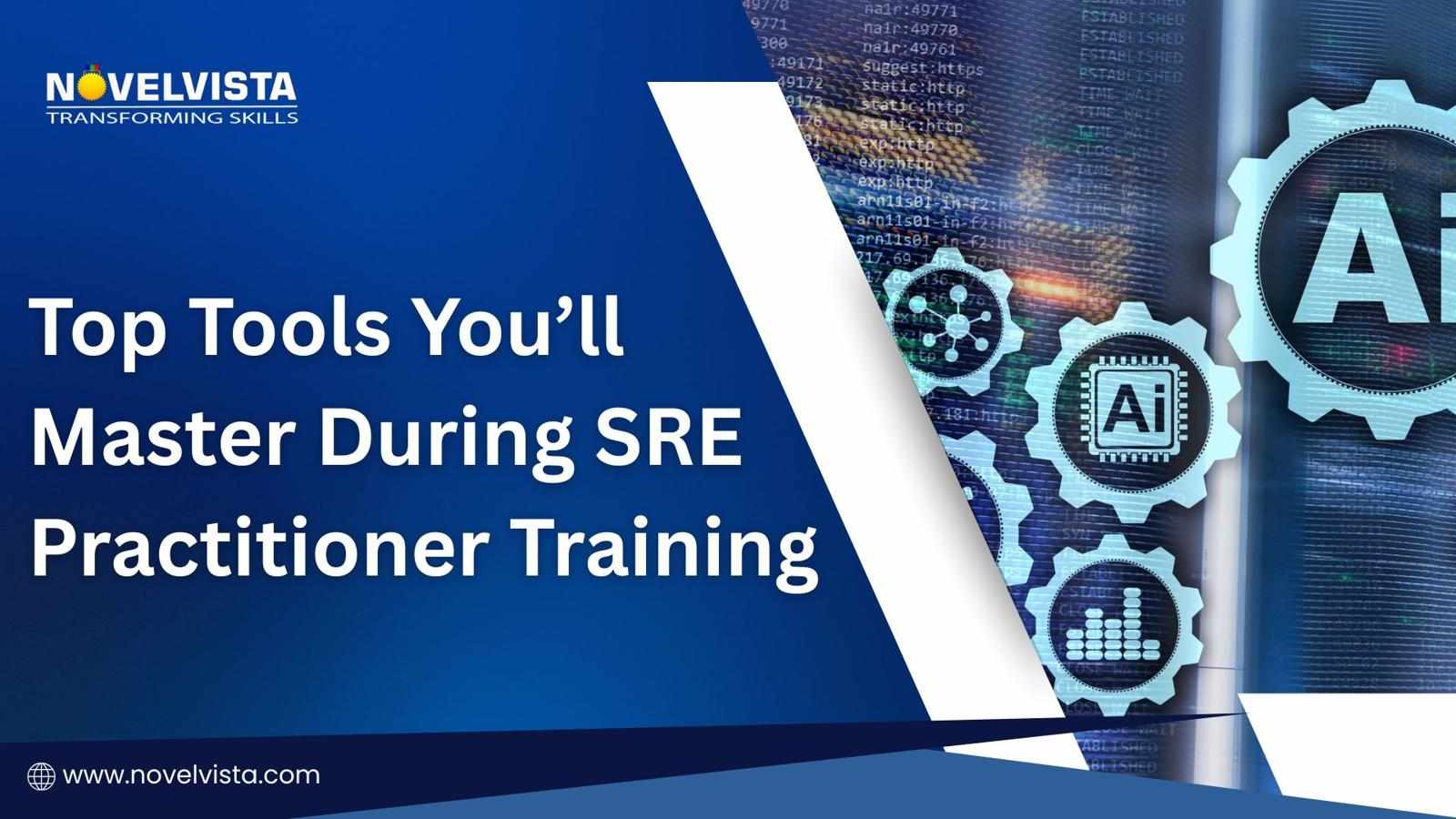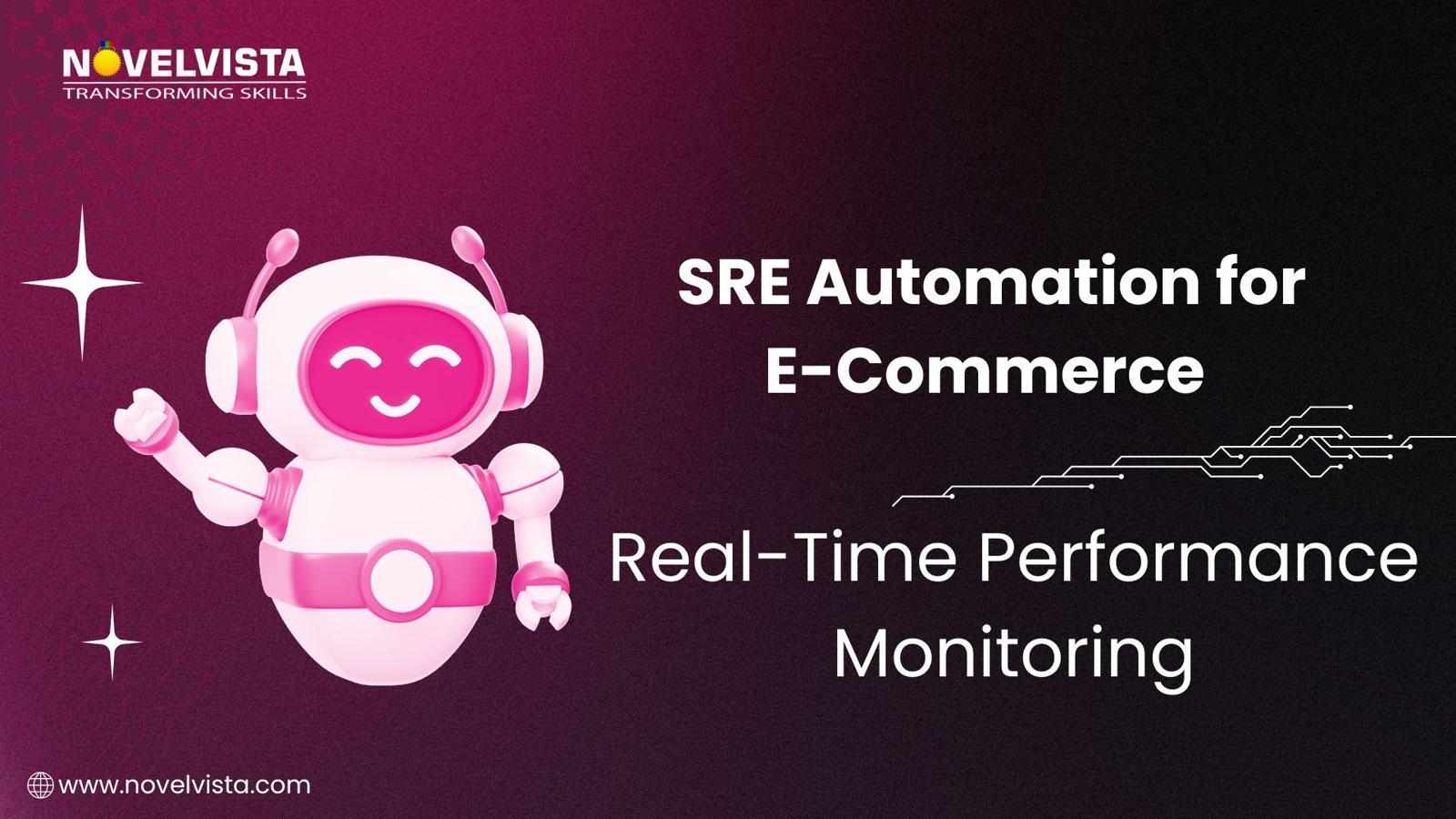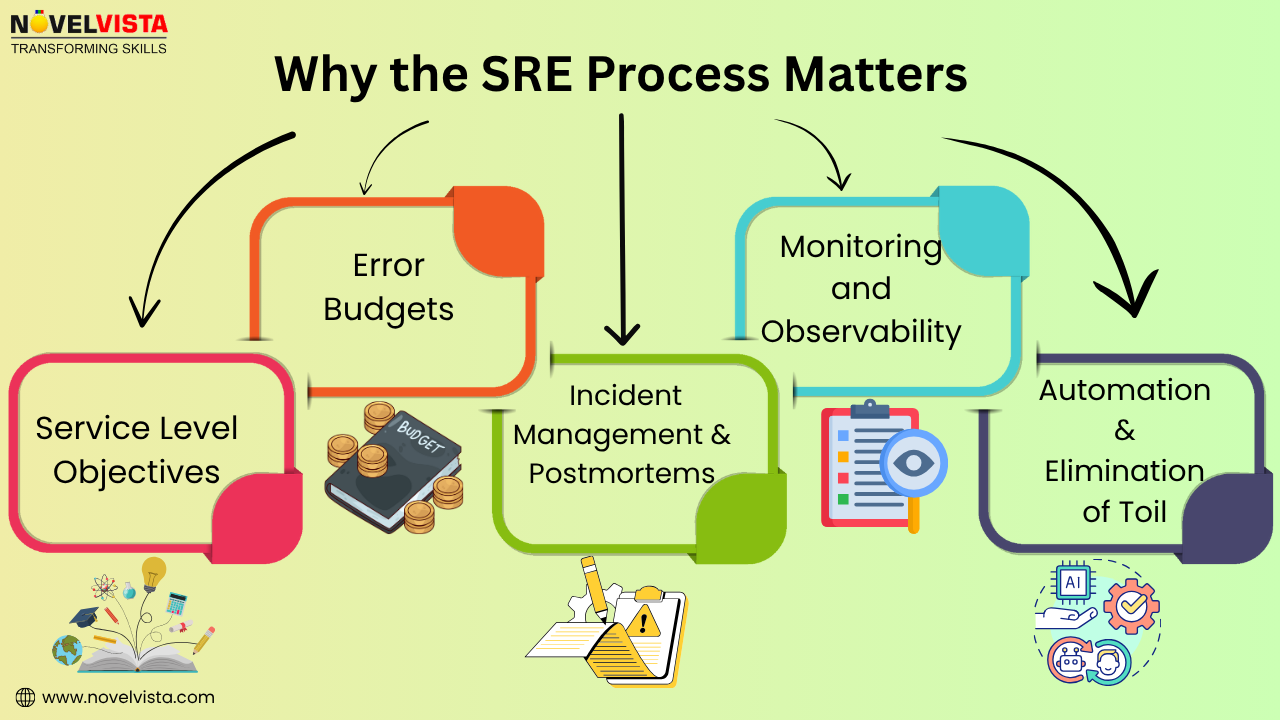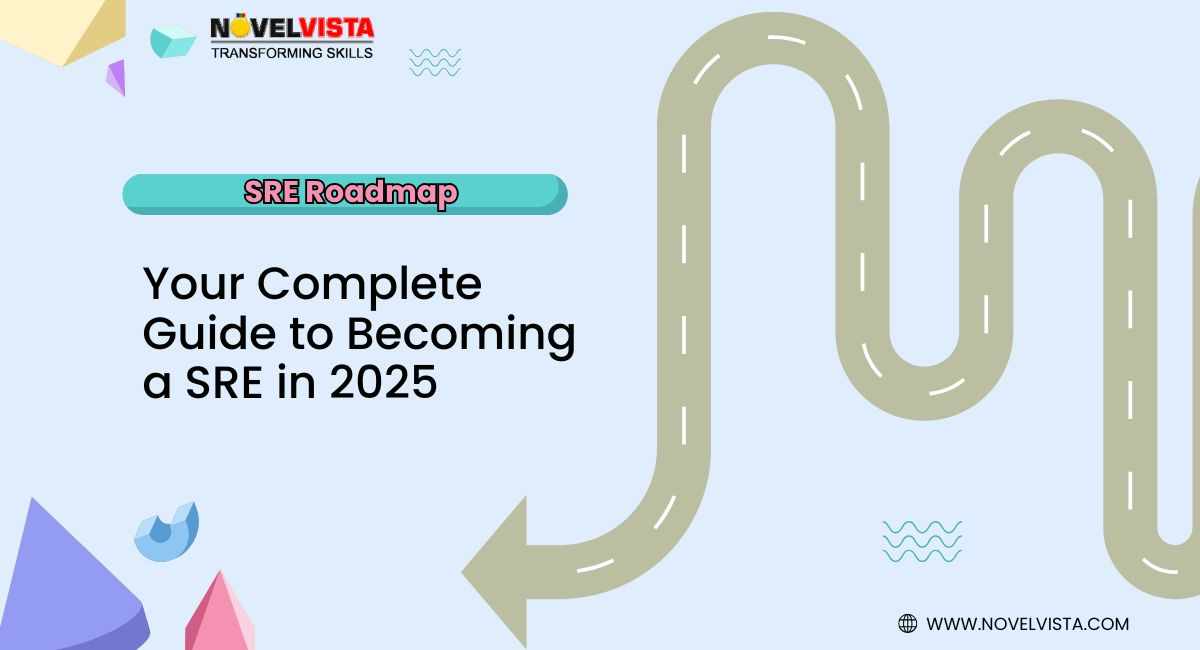
In today's fast-paced digital world, Site Reliability Engineering (SRE) plays a critical role in maintaining the performance, availability, and scalability of services. As organizations increasingly adopt SRE practices, the demand for skilled professionals continues to grow. Enrolling in an SRE Practitioner Training program is a smart move for aspiring engineers and IT professionals who want to thrive in modern DevOps and operations environments.
But what exactly will you learn in such a program? One of the most valuable aspects of SRE training is the hands-on experience with industry-standard tools. These tools are essential for monitoring, automation, incident management, service reliability, and more.
Here are the top tools you’ll master during your SRE Practitioner Training:
1. Prometheus
Prometheus is one of the most popular open-source monitoring and alerting tools in the SRE world. During training, you'll learn how to configure Prometheus for collecting metrics, querying time-series data, and setting up alerts. You'll also explore how to integrate Prometheus with Grafana to visualize metrics and trends effectively.
Skills Gained:
Writing PromQL queries
Setting up exporters
Configuring alert rules and receivers
2. Grafana
Grafana complements Prometheus by offering powerful data visualization capabilities. In your training, you’ll learn how to build informative dashboards to help your team visualize system performance in real time. You’ll also explore user access control, data sources, and plugins.
Skills Gained:
Dashboard creation
Real-time monitoring setup
Integrating multiple data sources
3. Terraform
Infrastructure as Code (IaC) is a core principle in SRE. Terraform allows you to define and provision infrastructure using code. You'll master how to automate cloud infrastructure provisioning and ensure consistency across environments.
Skills Gained:
Writing and organizing Terraform modules
Managing cloud resources across AWS, Azure, or GCP
Version-controlling infrastructure
4. Kubernetes
SREs frequently manage containerized applications, and Kubernetes is the de facto platform for orchestrating these workloads. You’ll gain an in-depth understanding of Kubernetes concepts, including pods, deployments, services, and namespaces.
Skills Gained:
Cluster setup and configuration
Monitoring and logging in Kubernetes
Scaling and self-healing deployments
5. Jenkins / GitLab CI
Automation is key in the SRE workflow. Through tools like Jenkins or GitLab CI, you’ll automate deployment pipelines and learn how continuous integration and delivery (CI/CD) practices improve reliability.
Skills Gained:
Building CI/CD pipelines
Integrating testing and code quality checks
Automating rollback and deployment strategies
6. PagerDuty / Opsgenie
Incident response is a major focus in SRE. With tools like PagerDuty or Opsgenie, you'll manage on-call schedules, automate alert routing, and streamline incident workflows.
Skills Gained:
Configuring escalation policies
Managing incident life cycles
Integrating with monitoring tools
7. ELK Stack (Elasticsearch, Logstash, Kibana)
The ELK Stack helps you centralize and analyze logs across services. You'll explore how to use it for troubleshooting, root cause analysis, and performance optimization.
Skills Gained:
Parsing and filtering logs
Creating log-based alerts
Building visualizations in Kibana
8. Service Level Objectives (SLO) Tools
You’ll be introduced to SLO tracking platforms like Nobl9 or Sloth. These tools help define, monitor, and report on SLOs, which are foundational to maintaining service reliability.
Skills Gained:
Defining SLIs and SLOs
Aligning reliability goals with business outcomes
Using error budgets to drive operational decisions
Final Thoughts
By the end of your SRE Practitioner Training, you’ll have hands-on experience with a suite of powerful tools that are central to modern site reliability practices. These tools don’t just make your job easier—they help build a culture of reliability, scalability, and efficiency. Whether you're aiming to join a large tech firm or support a growing startup, mastering these tools will significantly boost your value as an SRE professional.




















Write a comment ...